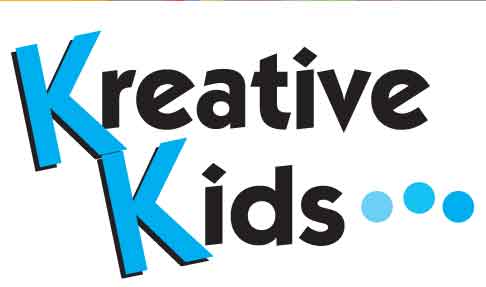Get the Best Winter Activities
4. Closely monitor commenting within your team social media presence. Immediately remove any posts by athletes or parents that violate your team, league, or governing body’s principles for appropriate behavior. Promptly inform the athlete or parents of the offending post about why the post was not appropriate, and make sure to copy your league administrator on all communication regarding the removal of the post and your policies.
5. Update your privacy settings for your personal social media sites to tightly maintain viewership. Your athletes will undoubtedly search for you on Facebook or Twitter. Under the main menu bar, select “privacy options” in Facebook and change your default privacy to either friends or custom, not public. But be aware: There are limitations to privacy settings. Private communication published on the Internet can become public, and social media sites like Facebook have often changed their privacy settings and functions without much warning or explanation.
6. Responsible coaches should never post identifiable youth athlete information, including photographs, without the permission of both the athlete and the parent. Ever. You should not ‘tag’ photos of other coaches, parents, athletes, or league administrators without their prior permission. Even when you do have permission from athletes and parents to post team photos to your site, never post a child’s first and last name—use only first names.
7. Your social media presence must also comply with your league, association, and overall governing body policies. This includes the disclosure of confidential information and the prohibition of using harassing, obscene, discriminatory, defamatory, or threatening language. The rules for what you can say out loud apply to what you can say or write in social media.
8. As a community leader, you are also responsible for complying with the Children’s Online Privacy Protection Act whenever you engage in social media. Take a minute to review the rules.
9. Politely decline personal friend requests. If an athlete attempts to ‘friend’ you at your personal social media destinations or at your personal email address, experts advise to politely decline with a message to the effect of: “Please don’t be offended if I do not accept or respond to your request. Our youth sports organization does not permit coaches to engage with athletes through personal social media outlets. If you wish to connect, please contact me at my official coaching email address [insert email address] or by visiting our team Facebook page at [insert link].”
10. Exercise caution and common sense. The landscape of social media keeps changing. When in doubt, err on the side of caution. Better to be the slightly less tech-savvy coach than the coach embroiled in controversy.
The challenges of being a responsible coach never end. We know! Sometimes it can feel like the rules of engagement are making it harder and harder to be a coach. We hope you won’t let these ‘new rules’ stop you from participating as a coach. We hope our guidelines help you navigate the waters a little bit. Let’s work to keep youth sports the way we want it to be—full of valuable life lessons for our kids.
This article is reprinted from responsiblesports.com, with permission of Liberty Mutual Insurance. Responsible Sports invites you to join them on Facebook to share advice for other fellow coaches on navigating the tricky waters of social media and coaching in general: facebook.com/responsiblesports.
Also see:
A Parent's Guide to Handling Tricky Coach Situations
How Should a Parent Respond When Their Child Wants to Quit a Team?
Advice for Coaching Your Child's Team






.jpg)

